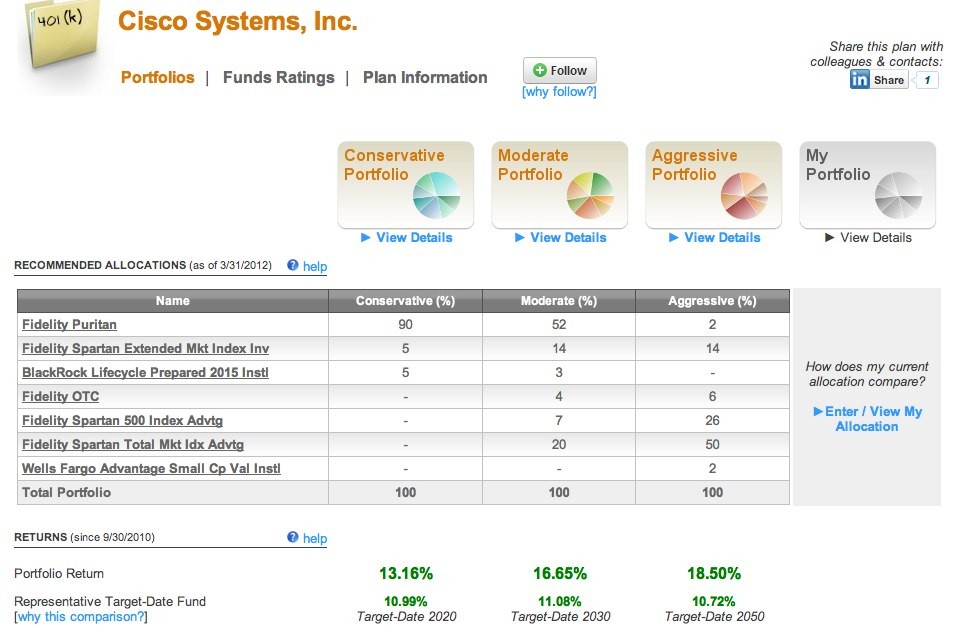Are Noload Mutual Funds Free
Post on: 8 Август, 2015 No Comment

You can opt-out at any time.
Please refer to our privacy policy for contact information.
A common misconception amongst many investors is that if no sales charge or commission is paid when conducting a mutual fund transaction that the fund is free to own. While there may be no cost to purchase no-load mutual funds, there is no free lunch .
What is a mutual fund load?
As Joshua Kennon explained in What is a mutual fund sales load?. a sales load is a user friendly way of describing a commission or fee for buying a mutual fund. Loads can either be front end, back end or level. A front end load is a charge an investor pays when they purchase a mutual fund. A back end load is a charge an investor pays when selling their mutual fund and a level load is a fee that is paid on an ongoing basis while an investor owns the fund. Mutual funds can be broken in to two categories, load and no-load.
Expect to pay a load when an advisor or broker is working with you to select and purchase a mutual fund on your behalf. This is common practice amongst most advisors and brokers.
If you are doing the research on your own, more than likely you will want to bypass a broker or advisor and select a no-load fund to avoid this charge.
Ongoing Expenses
A load is but only one cost associated with owning a mutual fund. All mutual funds have what is known as internal expenses, which are simply fees to operate the fund. These fees are subtracted from the funds earning each year. This expense is quoted as a percentage and is referred to as the mutual fund expense ratio. There are a variety of fees that this encompasses. For example, if a mutual fund is managed by a manager or team of managers, their salaries need to be paid and this is part of the expense ratio.
When you see an ad in a magazine for a mutual fund, that ad costs money. Mutual funds have a budget for those expenses known as 12b-1 fees. This fee includes annual marketing and distribution fees associated with running mutual fund. This fee is also included in a funds expense ratio.
Different types of mutual funds will have varying expense ratios. International mutual funds often carry higher expense ratios that a domestic fund due to the added research and possible transaction costs. Most stock mutual funds expense ratios are traditionally higher than fixed income mutual fund ratios.
There are rarely free lunches and this rule applies to mutual funds.














